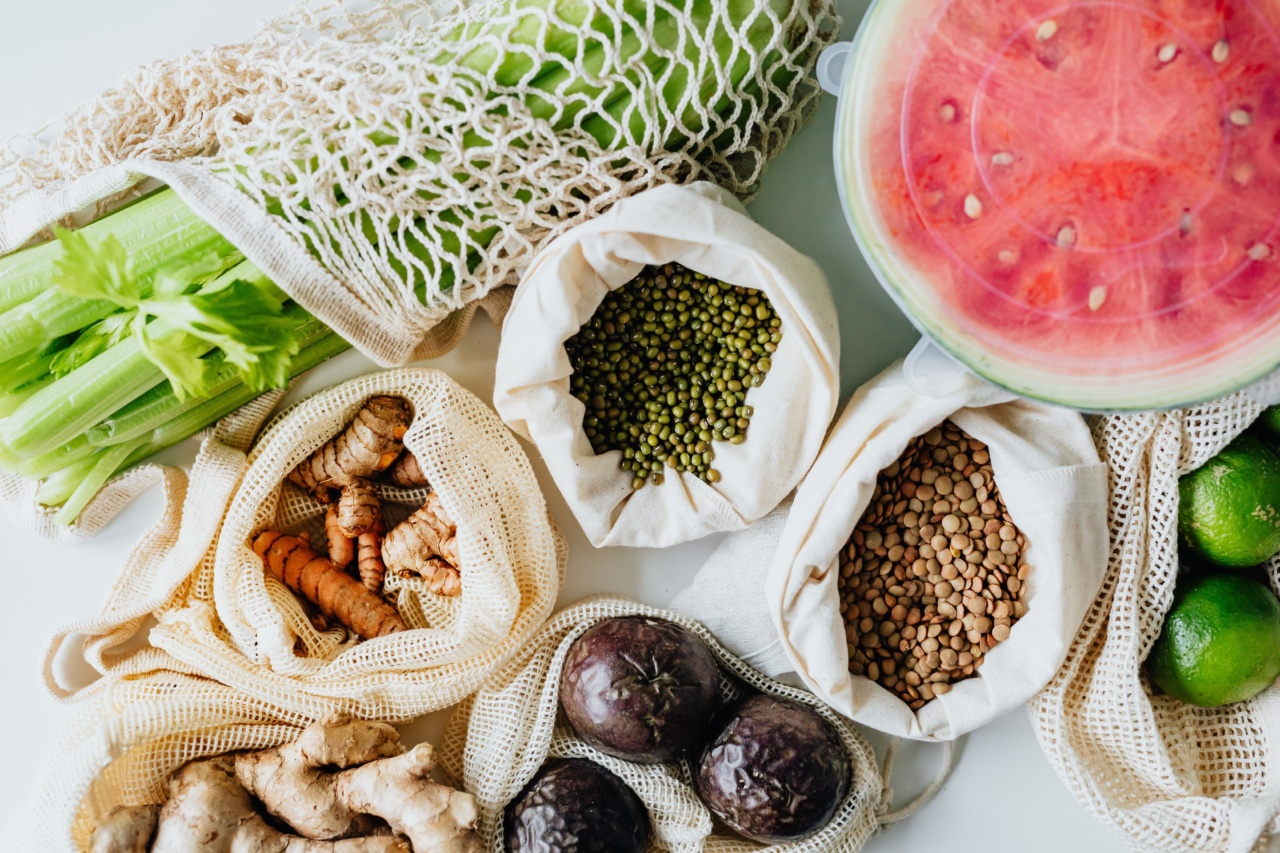Seeds are one of the most nutritious foods on the planet. They are packed with essential nutrients, vitamins, and minerals that are essential for maintaining good health.
Seeds come in different shapes and sizes, and each seed has its own unique nutritional profile that can benefit your body in different ways.
Chia Seeds:
Chia seeds are tiny black seeds that are high in omega-3 fatty acids, fiber, protein, and various other essential nutrients. Chia seeds are also a great source of antioxidants and can help reduce inflammation in the body.
These seeds are great for digestive health and can help regulate blood sugar levels. Chia seeds can be added to smoothies, oatmeal, yogurt, and salads.
Flax Seeds:
Flax seeds are small, brown or golden-colored seeds that are rich in fiber, omega-3 fatty acids, and lignans. Lignans are phytoestrogens that have antioxidant properties and can help balance hormones.
Flax seeds are also known for their role in reducing cholesterol levels and promoting heart health. Flax seeds can be added to baked goods, smoothies, or sprinkled on top of salads.
Hemp Seeds:
Hemp seeds are a great source of protein, healthy fats, and various minerals such as magnesium, zinc, and iron. Hemp seeds also contain high amounts of gamma-linolenic acid (GLA), an essential fatty acid that can help reduce inflammation.
Hemp seeds are great for improving heart health, reducing inflammation, and improving brain function. Hemp seeds can be added to smoothies, salads, and baked goods.
Pumpkin Seeds:
Pumpkin seeds are a rich source of magnesium, zinc, antioxidants, and healthy fats. These seeds can help improve heart health, regulate blood sugar levels, and improve sleep.
Pumpkin seeds are also high in fiber, which can help improve digestive health and prevent constipation. Pumpkin seeds can be roasted and eaten as a snack or added to salads and other dishes.
Sunflower Seeds:
Sunflower seeds are high in protein, vitamin E, magnesium, and other essential minerals. These seeds can be beneficial for heart health, reducing inflammation, and improving brain function.
Sunflower seeds are also high in antioxidants, which can help protect the body from free radical damage. Sunflower seeds can be eaten as a snack or added to salads, trail mix, and other dishes.
Sesame Seeds:
Sesame seeds are a great source of healthy fats, fiber, and various minerals such as calcium, iron, and magnesium. These seeds can help improve bone health, reduce inflammation, and improve digestive health.
Sesame seeds can be added to stir-fries, baked goods, or sprinkled on top of salads.
Poppy Seeds:
Poppy seeds are high in fiber, protein, and various minerals such as calcium, iron, and magnesium. These seeds can help improve digestive health, reduce inflammation, and improve heart health.
Poppy seeds can be added to baked goods, salads, and other dishes.
Quinoa Seeds:
Quinoa seeds are a complete protein source, meaning that they contain all nine essential amino acids. Quinoa is also high in fiber, magnesium, and various other essential nutrients.
These seeds can help improve heart health, reduce inflammation, and improve digestive health. Quinoa seeds can be used in salads, as a rice substitute, or added to soups and stews.
Buckwheat Seeds:
Buckwheat seeds are high in fiber, protein, and various minerals such as magnesium and potassium. Buckwheat is also a great source of antioxidants, which can help reduce inflammation and protect against free radical damage.
Buckwheat seeds can be used in salads, as a rice substitute, or added to baked goods.
Conclusion:
Seeds are nutritional powerhouses that can provide numerous health benefits when consumed regularly.
Incorporating a variety of seeds into your diet can help improve heart health, reduce inflammation, improve digestive health, and provide essential nutrients that your body needs to function optimally.




























